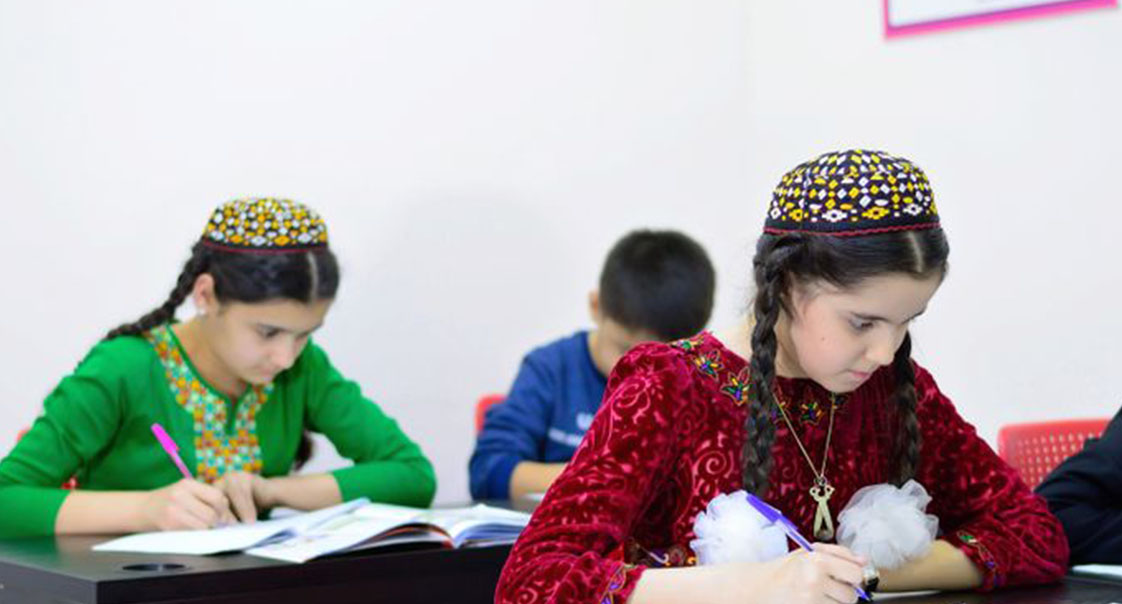
Linguistic and cultural material: In addition to the educational texts of various nature (information and reference, journalistic, artistic), the course uses background materials, films and videos, visits to theaters and museums are practiced.
In the Advanced Level Program, the basic aspects of Russian as a foreign language are recommended to be combined with special courses, such as, for example, “Russian Literature”, “Language of Art”, “Russia and the World”, etc.
The Advanced Level program, subject to training, is designed for 72 study hours.
Successful completion of the Advanced level course allows the student to achieve a high level of competence, allowing the student to freely satisfy the needs in a wide range of situations in the cultural, educational, scientific, and professional spheres of communication, and pass the exam for a certificate.
The educational course of the center "Dalchin" in the Russian language consists of three levels:
Advanced level.
The purpose of the course is to improve the practical knowledge of the Russian language to the level of the mode of free idiomatic use of it, the perception and generation of stylistically differentiated speech.
The program includes aspects: phonetics, grammar, conversational practice. The scope and content of the course may vary depending on the specific level of language competence and professional interests of the students.
Phonetics
Tasks: Formation of ideas about the causes and ways to overcome a foreign accent, expanding knowledge about the phonetic basis, orthoepic norms and phono-stylistic possibilities of the Russian language.
Content: culture and expressiveness of Russian pronunciation
Analysis of deviations in the Russian speech of students using data from a comparison of the phonetic systems of their native and Russian languages.
Grammar
Objectives: Improving language competence in the field of grammar and stylistics, as well as the generation of written text
Content: the sphere of academic discourse. The style of writing
Syntax of simple and compound sentences. Grammatical means for expressing space, time, conditions, reasons. Synonymy of syntactic constructions.
Functional and stylistic differentiation of the Russian language: colloquial speech, official business style, journalistic style, the language of fiction, and scientific style.
Speaking practice
Tasks: Achievement of understanding of the sounding and written text in all depth of semantic nuances and subtext meanings, development of skills for structuring, compressing and expanding the text, summarizing and annotating texts of different genres and styles.
Content: Russian language in the context of culture and/or subject
Lexical topics with a set of regional subtopics that concretize and reveal the topic under discussion.
Suggested topics:
Morning 09:00 – 11:20
Afternoon 15:30 - 17:50
Evening 18:30 – 20:50
Russian: Advanced level will be able to: